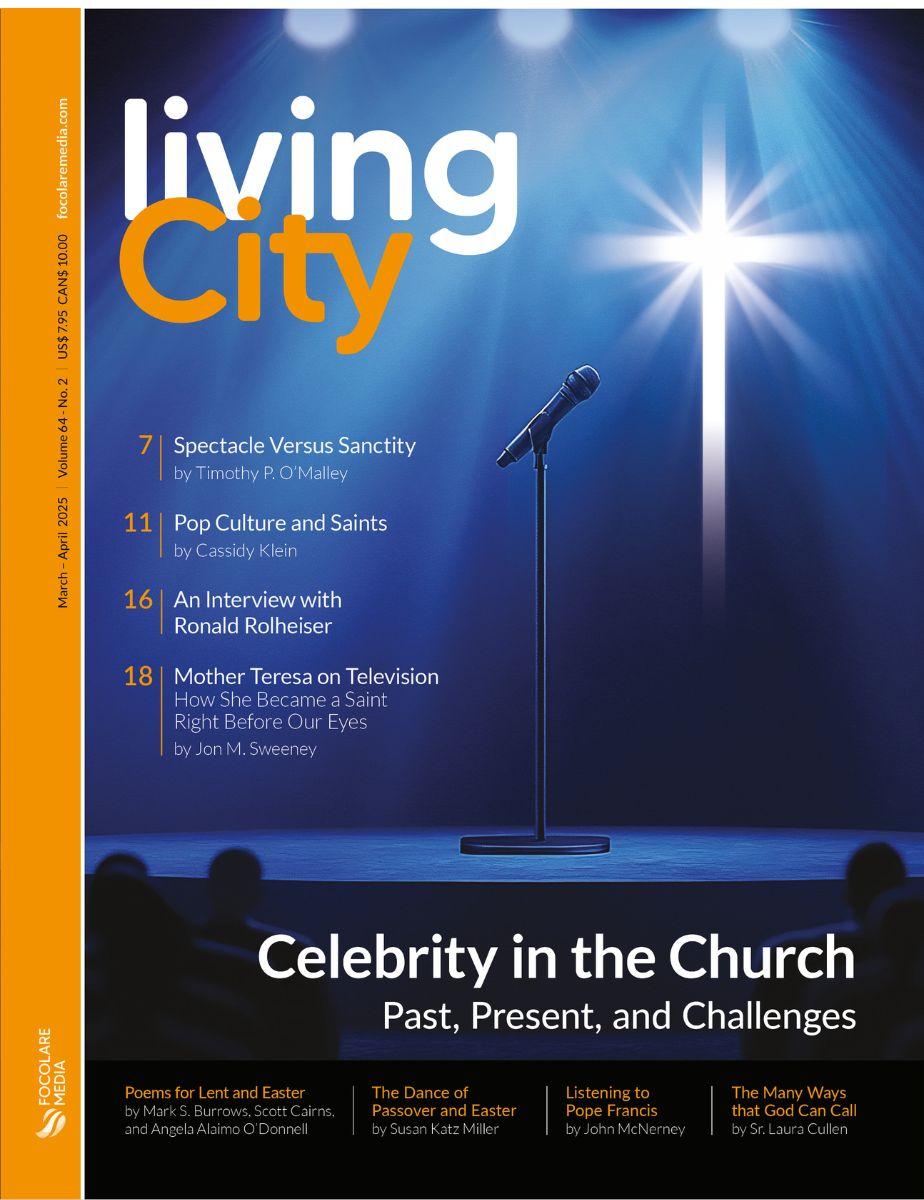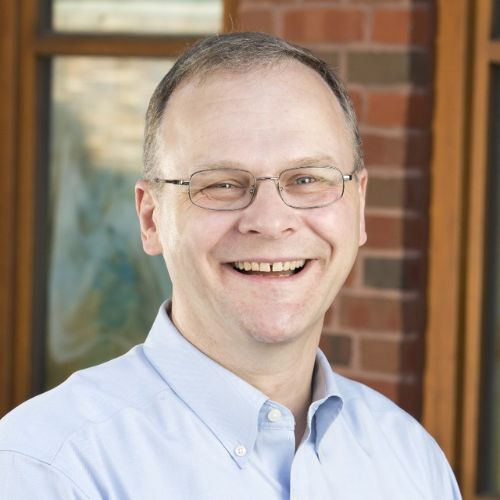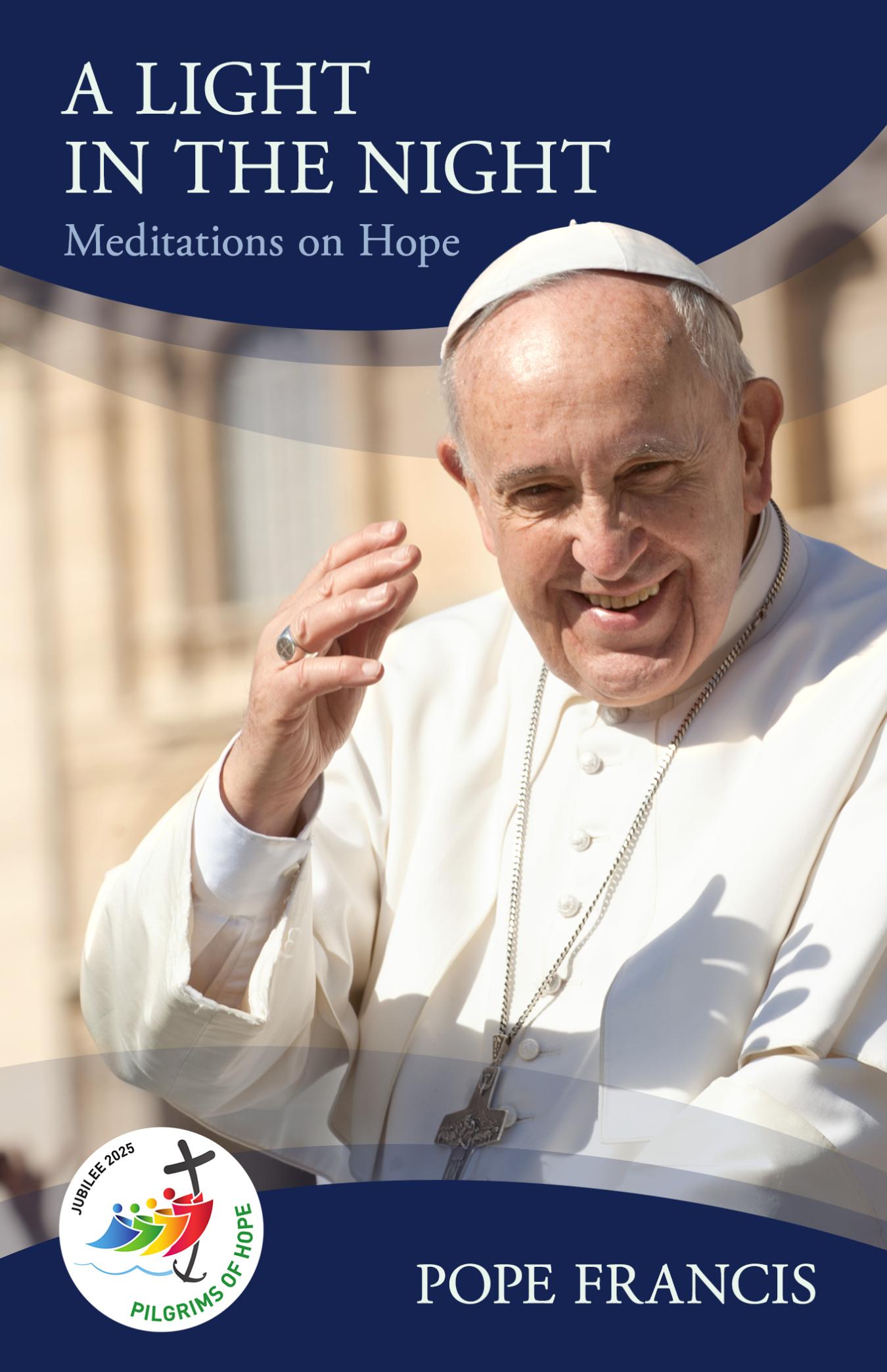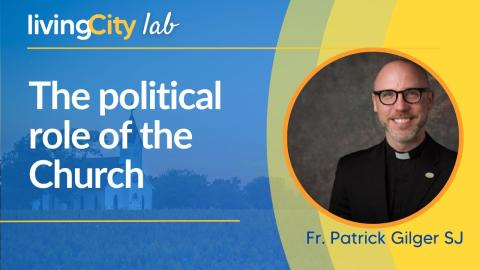If you were a Church celebrity for a day, what would be your message to inspire the next generation of leaders?

Image by ColbieCreative
On May 31, 1982 we welcomed a celebrity to my home parish. A young, charismatic, made-for-TV Pope who would later go on to be canonized. Pope John Paul II was in Scotland. It is the only time I have seen a Catholic Church fill up from the front pews first! As a teenager present in St. Mary’s Cathedral, Edinburgh that day, I heard the clarion call: “[T]he laity is called to take their proper place in the Church’s life according to the grace and charism given to each one.” And here I am, four decades later, having dedicated my life to working within the Church.
In those four decades of lay ministry and leadership, I have been blessed to see, meet, or work with many Church leaders who could accurately be called “celebrities.” As Jon M. Sweeney writes in his Letter from the Editor in the new issue of Living City: “[W]e began to ponder the era of Catholic celebrity in which we live. There are positives and negatives. There are blessings and dangers.”
I, too, admit to having mixed feelings about even the notion of “celebrities in the Church,” but reflecting on some of my experiences over the years, I can identify lessons that could apply to our less-famous selves in addition to our better-known ecclesial leaders. First, Have I ever let a hunger for status or privilege or fame go to my head, forgetting that the first shall indeed be the last? (cf. Matthew 19:30)
In recent years, scandals involving famous Cardinals and hymn-writers, artists and bishops, internet priests and Catholic media “stars” have been hugely damaging to the faith-life of many people.
The year after that papal visit I remember cycling across the country (it was all of 50 miles door-to-door!) to see Mother Teresa speak to a pro-life rally.
Now, in case you think I have infallible radar for identifying future saints, the only other person I heard speak in public who I believed to be a “living saint” turned out not to be. Jean Vanier, for all the good he did in the world and all his inspirational writing, turned out to be an abuser. In recent years, scandals involving famous Cardinals and hymn-writers, artists and bishops, internet priests and Catholic media “stars” have been hugely damaging to the faith-life of many people. One of those Cardinals was my boss, and another was a reference for the most important ministry position I ever received. This leads to a second lesson: When was the last time I looked in the mirror—or voiced in the confessional—to reflect upon the wooden beam in my own eye, rather than the splinter in someone else’s? (cf. Luke 6:41)
I have not attended many public rallies with famous people like the one with St. Teresa, but on April 28, 2006 I travelled with some lay and religious coworkers from New Jersey to Washington, DC for the Rally for Darfur on the National Mall. I experienced being part of an historic event standing up against genocide and calling for action to intervene. We were joined by some real celebrities like actor George Clooney, then Senator Barack Obama, and Nobel Peace Prize winner Elie Wiesel. Representing our Church? Then Cardinal Theodore McCarrick. Lesson #3: God can—and indeed does—“write straight with crooked lines” (sometimes attributed to St. Teresa of Avila,) but how can I examine my own conscience and even invite others to hold me accountable for my behavior?
In 2006 I had the privilege of attending the Los Angeles Religious Education Congress. If I was a Catholic celebrity autograph hunter, that would be the place where I would hang out! In this new March-April 2025 edition of Living City there’s an interview with one of the regular “celebrities” of the Congress: Ron Rolheiser, OMI, called “Be Careful with Your Celebrity.” It’s filled with Fr. Ron’s usual mix of deep spiritual insights, down-to-earth cultural commentary, and trademark humor.
If you enjoyed this article, you might like...
The first time I met Ron was in Toronto. Yes, I was awestruck at meeting this spiritual master! What I also remember was eating a meal together, praying with him in his chapel, and the sage advice he offered our group to: “Stay true to your charism” when faced with criticism and opposition. My lesson #4: When can I be a true servant-leader and live the commandment to “wash the feet of others” (John 13:14) through offering hospitality, accompaniment, or succor?
On September 28, 2021, I had the privilege of being moderator for an online session on the topic of Healing and Strengthening our Catholic Community in the United States. Joining Ron Rolheiser as one of the panelists was Gloria Purvis, a Catholic radio and media personality and podcaster. Gloria is a celebrity who has the courage of her convictions to stand up for both our pro-life values and our anti-racist values—based on the inherent dignity of each individual, created in the image and likeness of God. Gloria speaks truth to power, even when the consequences lead to her being “de-platformed.” Another lesson: What am I willing to sacrifice for my values? Where have I demonstrated a prophetic witness even when it is not the safe option?
I also recall a moment when I was treated like a celebrity in a local situation. It was early in my career as a religious education teacher. My wife and I bought our first house and joined the local parish. The priest was excited to have a new parishioner who happened to be a professional teacher and when I offered to help out wherever needed, he decided that Children’s Liturgy of the Word was the ministry for me. While that wouldn’t have been my first choice, I accepted that the Holy Spirit was at work. As I was to later experience in a visit to the Diocese of Bauchi in northern Nigeria, the “master catechist” who was most inspirational to the children in the parish was Amos, a teenage boy. This demonstrated to me that ministry and servant leadership are not about celebrity or position; instead, as my mother says, it’s finding your replacement. When I left the parish to move to the United States, my place on the Children’s Liturgy leader schedule was taken by Clare, a teenager who had herself been a young participant in the Children’s Liturgy. Which makes my final lesson: Who am I mentoring in ministry to succeed me in leadership?














